Surrogacy Laws & Process in South Carolina

Understanding the Surrogacy Process in South Carolina
Surrogacy in South Carolina offers intended parents a legally supported path to build their families. Gestational surrogacy is valid because no statute or published case law prohibits it. Courts have recognized Gestational Carrier Agreements as enforceable.
Families from within the United States and across the world can pursue surrogacy in South Carolina with clarity on legal recognition, parentage orders, and the requirements that protect all parties.
The surrogacy journey in South Carolina begins with a foundation of legal acceptance. Gestational surrogacy is recognized under state case law, with Mid-South Ins. Co. v. Doe serves as precedent that courts respect the intent outlined in a Gestational Carrier Agreement.
This recognition establishes a secure environment for intended parents, gestational carriers, and the children born through the process.
Pre-Birth Parentage Orders in South Carolina: Legal Recognition Before Birth
Parentage is a key part of every surrogacy journey. South Carolina courts grant Consent Temporary Orders before birth and then issue Final Orders of Parentage within 30 days of delivery. These orders allow intended parents to secure their rights before the child is born, creating stability and clarity.
Eligibility for pre-birth parentage orders depends on family structure:
- Married heterosexual couples using their own genetic material or donor eggs/sperm can obtain orders.
- Unmarried heterosexual couples also qualify under the same conditions.
- Married same-sex couples receive recognition even when using donors.
- Unmarried same-sex couples only have the biological parent named before birth, with the non-biological parent completing a second-parent adoption shortly after.
- Single parents using their own egg or sperm can also secure parentage through this process.
Families without a genetic connection cannot obtain pre-birth orders, regardless of marital status or orientation. Adoption becomes the legal route in those cases. While results may vary by venue, courts often accept motions to waive venue, and hearings may or may not be required. Birth certificates typically arrive within two to four weeks after delivery.
South Carolina allows the biological father in same-sex couples to be named on the birth certificate for international intended parents. It comes with options to amend later through adoption or marital presumption.
Medical, Psychological, and Legal Requirements in South Carolina Surrogacy
Every surrogacy journey in South Carolina includes clear medical, psychological, and legal safeguards. Gestational carriers undergo thorough screening to confirm readiness for the process. This process includes medical evaluations and psychological assessments. Egg donors must meet strict qualification criteria before being matched with intended parents.
Legal agreements play a central role. Contracts define expectations for intended parents and gestational carriers, addressing compensation, responsibilities, and procedures. Attorneys specializing in assisted reproductive technology can guide both sides to create agreements that stand in court.
South Carolina treats traditional surrogacy like adoption, so intended parents pursuing gestational surrogacy gain greater legal certainty and a smoother process.
South Carolina provides paths to legal parentage through second-parent and stepparent adoptions for same-sex couples and single parents.
Courts grant these adoptions even when couples are not married, creating flexibility for modern families. Combined with accessible parentage orders, these safeguards make South Carolina a surrogacy-friendly state for diverse family structures.
Explore the Carrying Dreams Surrogacy Heatmap
Intended parents often want to compare state laws before beginning their journey. The Carrying Dreams Surrogacy Heatmap highlights surrogacy laws across the United States and identifies supportive regions for building families.
If you have any inquiries about the South Carolina surrogacy law & process, feel free to contact ustoday.

